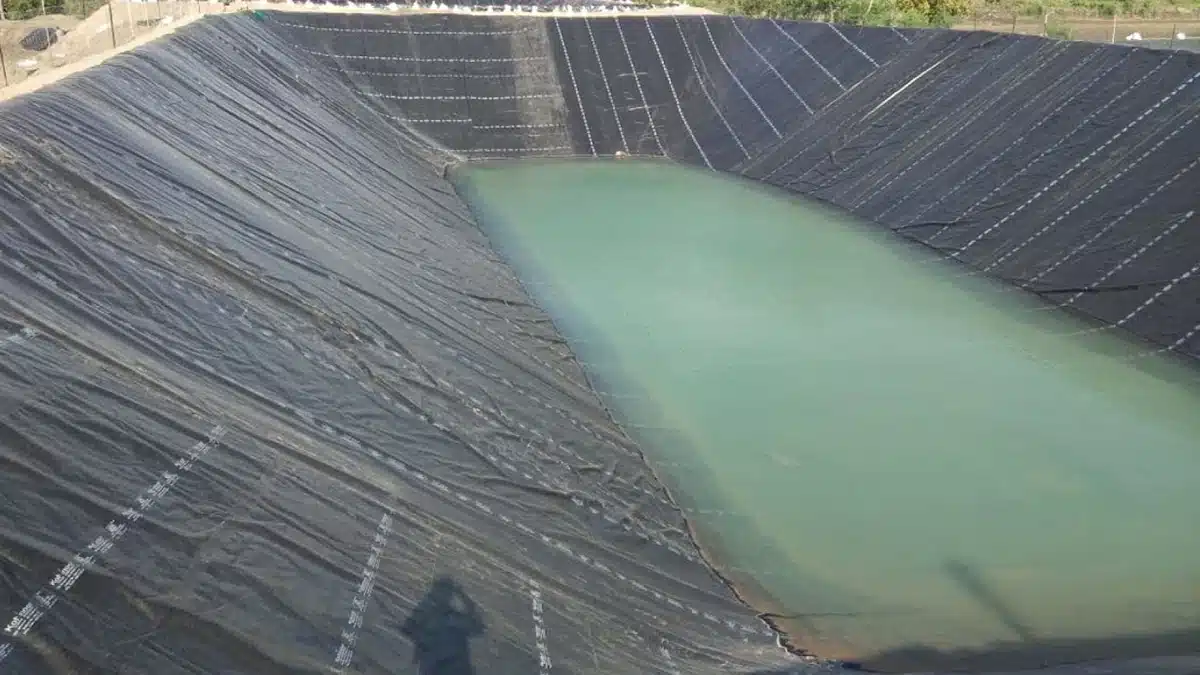The Role of HDPE Geomembrane Welding Machines in Geosynthetics
e geosynthetics industry, the HDPE geomembrane welding machine plays a pivotal role in ensuring the durability, integrity, and performance of containment systems across a variety of environmental and civil engineering applications.
Municipal Solid Waste Landfill Lining Project in Southeast Asia
One standout project highlighting the value of this equipment occurred during the construction of a municipal solid waste landfill in Southeast Asia. Engineers needed to install over 200,000 square meters of HDPE geomembrane lining to comply with strict environmental regulations. To guarantee seam quality and minimize leakage risk, crews deployed a HDPE geomembrane welding machine capable of maintaining stable welding temperatures and speeds even in high humidity conditions. The result: zero seam failure across the entire installation after post-installation vacuum testing.

Mining Heap Leach Pads Installation in South America
Similarly, in a mining operation in South America, the heap leach pads required fast yet high-quality welding of 1.5 mm HDPE liners under dusty, wind-prone conditions. The site engineers used an automated wedge welding machine with digital control interfaces. The HDPE geomembrane welding machine allowed precise seam tracking and real-time data logging, reducing labor time by 25% and improving QA documentation for regulatory reporting.
These real-world examples underscore the significance of reliable geomembrane welding in critical infrastructure. As geosynthetics continue to evolve, the technology behind installation tools like welding machines directly impacts project efficiency, environmental compliance, and long-term durability.
Comments
Post a Comment